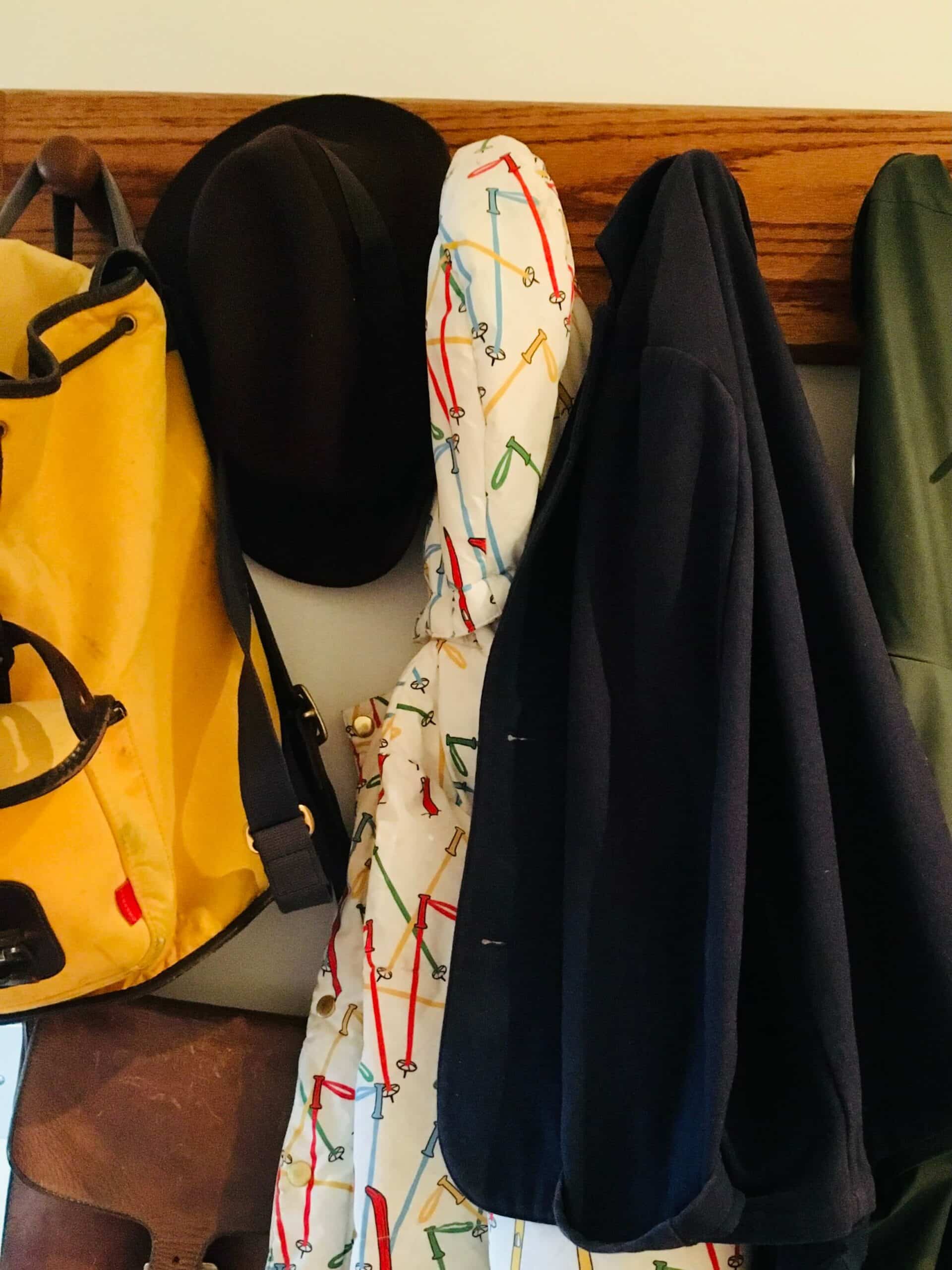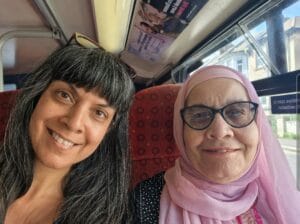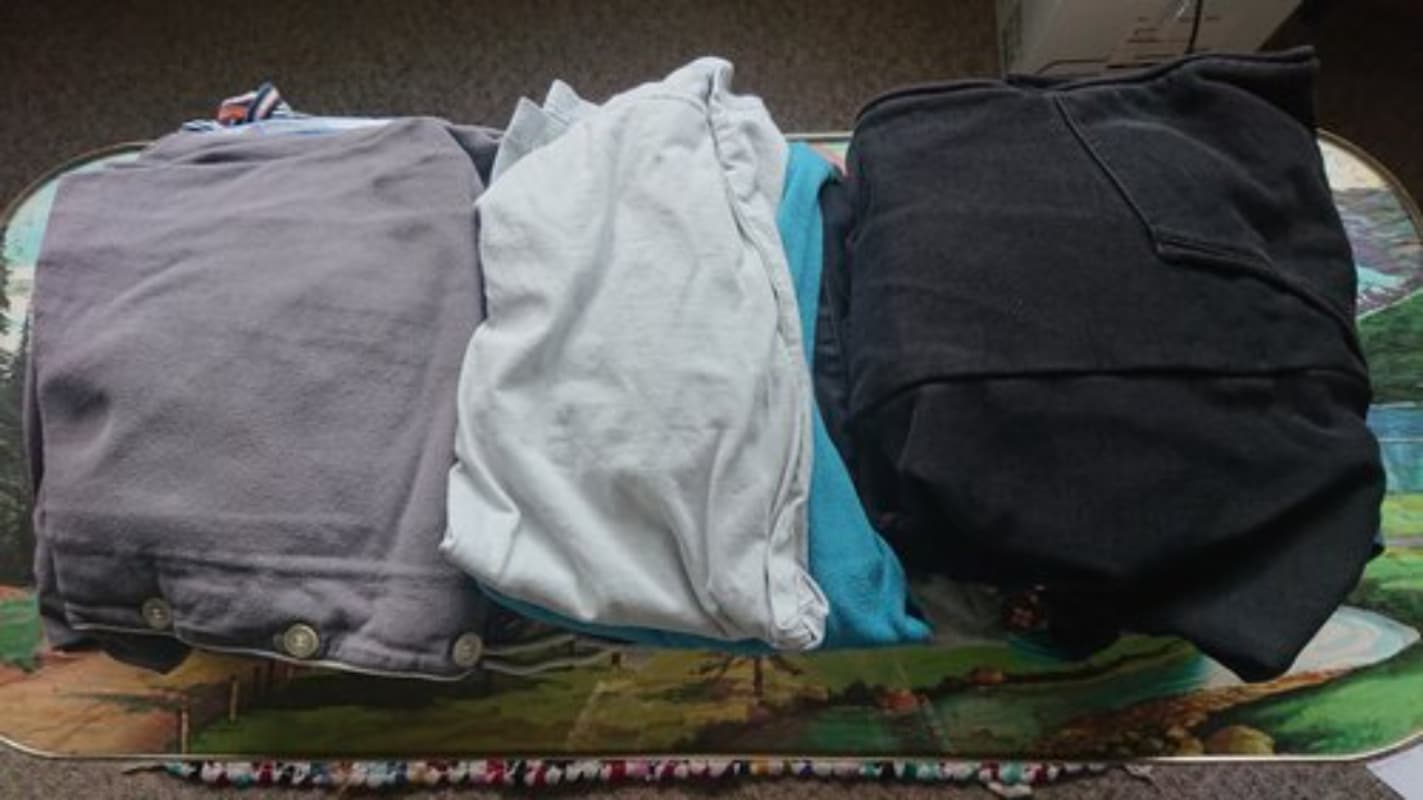Saj Fareed attends a Good Grief Festival webinar and reports back on the importance of having those conversations

Emily Atkinson
The words death and dying still send shivers down most of us. We tend to bury our heads and are in denial about the inevitable. The taboo of broaching this subject is prevalent in certain cultures more so than in others too. Coming from a South Asian cultural heritage, I can certainly attest to this.
Lucy asked me if I would be interested in attending an online webinar event – Talking about and planning for the end of life in South Asian communities and I jumped at the chance. This event was organised by the Good Grief Festival
https://www.goodgrieffest.com/about/
The webinar focused on the recent report published by the organisation Compassion in Dying (based in London). They partnered with Subco Trust (based in London) and the University of Bristol’s Good Grief Connects project to co-produce advance care planning workshops for South Asian elders.
The panelists included Usha Grieve (compassion in dying) Taskin Saleem (CEO Subco Trust) and Dr Olly Clabburn (University of Bristol and Good Grief Connects).
Subco Trusts’ aim was to create a safe space for elders from the South Asian background. They wanted to empower them and help them realise that they could make their own decisions for the sort of care plan that they would want or not want based on their cultural and faith beliefs.
One of the things Subco Trust wanted to highlight was that without making these decisions earlier on in a patients care plan, how would the medical team or family members know what they would like to happen? It was key that the patients also understood what was going to happen to them in their medical care plan. Patients were encouraged to consider making a will too. It was also important to have these decisions made earlier on before declining health made it impossible to
make clear decisions.
Underpinning all this was the importance of understanding and respecting what matters to each person.
GP’s often noted that South Asian patients felt superstitious talking about death. They would often feel marginalised and not have a voice. Building a relationship and trust with South Asian Patients was key.
How does it feel to talk about dying? How does it feel talking to your family? These were the starting points for discussions with the workshop participants. The participants had very mixed reactions talking about death, dying and grief. Some simply didn’t want to talk about it at first, whilst others were more forthcoming. Being able to express in their native language was important, to address this, there were numerous break out groups for different South Asian languages spoken.
Family members were invited to attend the end workshops to open up the conversation and for them to add their input. Intergenerational conversations were emotional and challenging, many patients found it difficult to talk about their end of life wishes. We can’t assume family members know what a patient wants, this needs to be explicit.
Family dynamics can be very complicated, particularly from South Asian communities. Family members can often feel a sense of duty in taking the lead in what they think should happen to an elderly relative, this inevitably can cause conflict with others.
What my take away was from this webinar was the need to be brave and have these conversations with our immediate family or friends, particularly with those who may have health issues. Being able to open up the channels for conversation and allowing individuals the ability to speak freely about their desires for end of life care is emotional but also empowering. Making a will is an important step to make, we can’t assume that our next of kins know what our wishes are. Making these decisions earlier on and being prepared will help to create less tension and issues for our families.
Thinking of being prepared, I took part in a workshop that was led by Lucy that broke down the myths of how to write a will. QDT are currently offering a free will writing service, which I highly recommend. You can contact QDT – email [email protected] to book a session with Lucy.
This webinar was most certainly relevant to me with my South Asian cultural heritage, as it reminded me the importance of intergenerational conversations. Having taken part in the will writing workshop with Lucy, it spurred me on to speak to my mother. As highlighted by the Webinar, my mum didn’t want to have the conversation as it felt taboo, emotional and frightening. I am so glad I gently encouraged my mum as she now realises how empowering it is to make the decisions now
while she can and have a sense of ease that this is her voice and her decisions.

